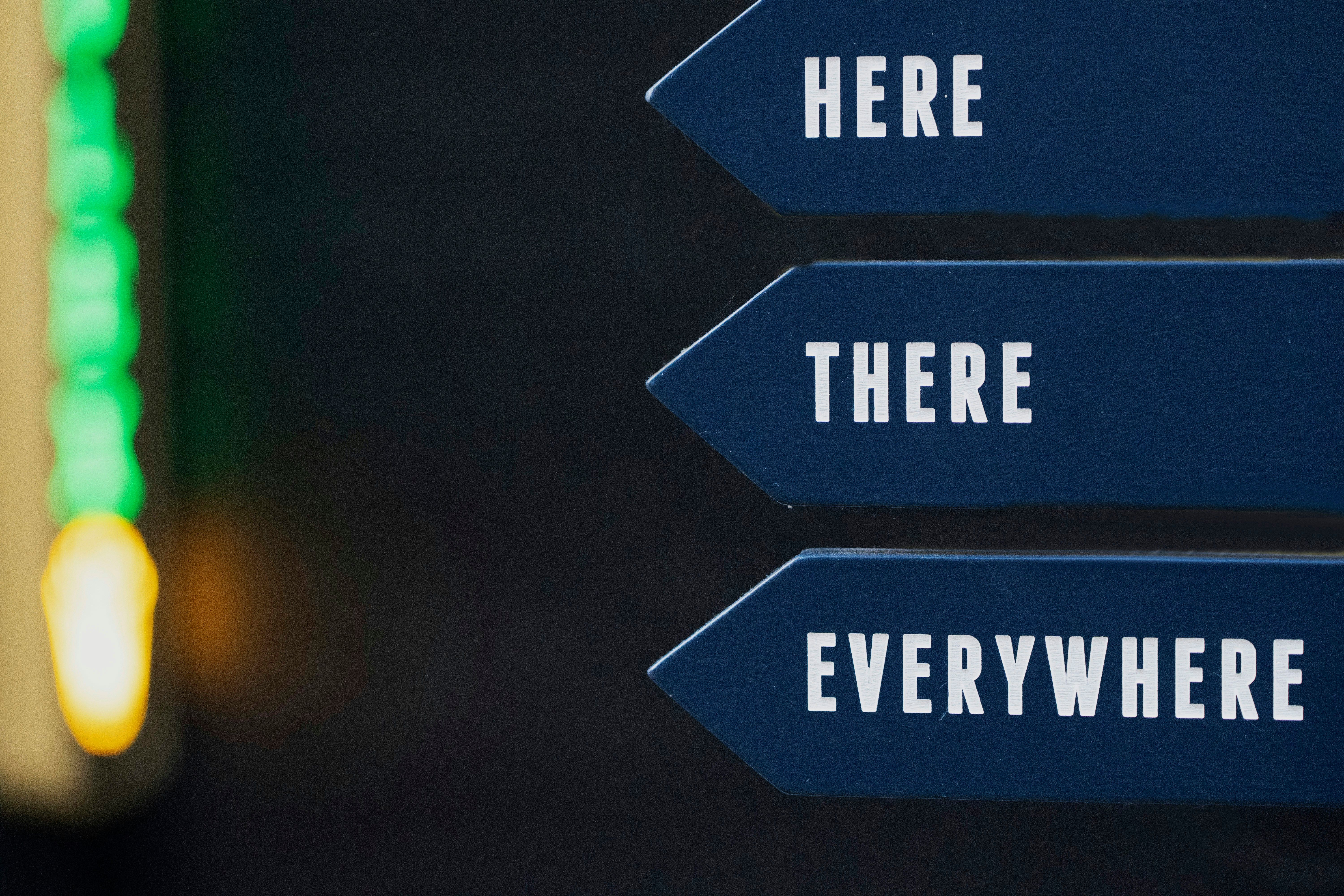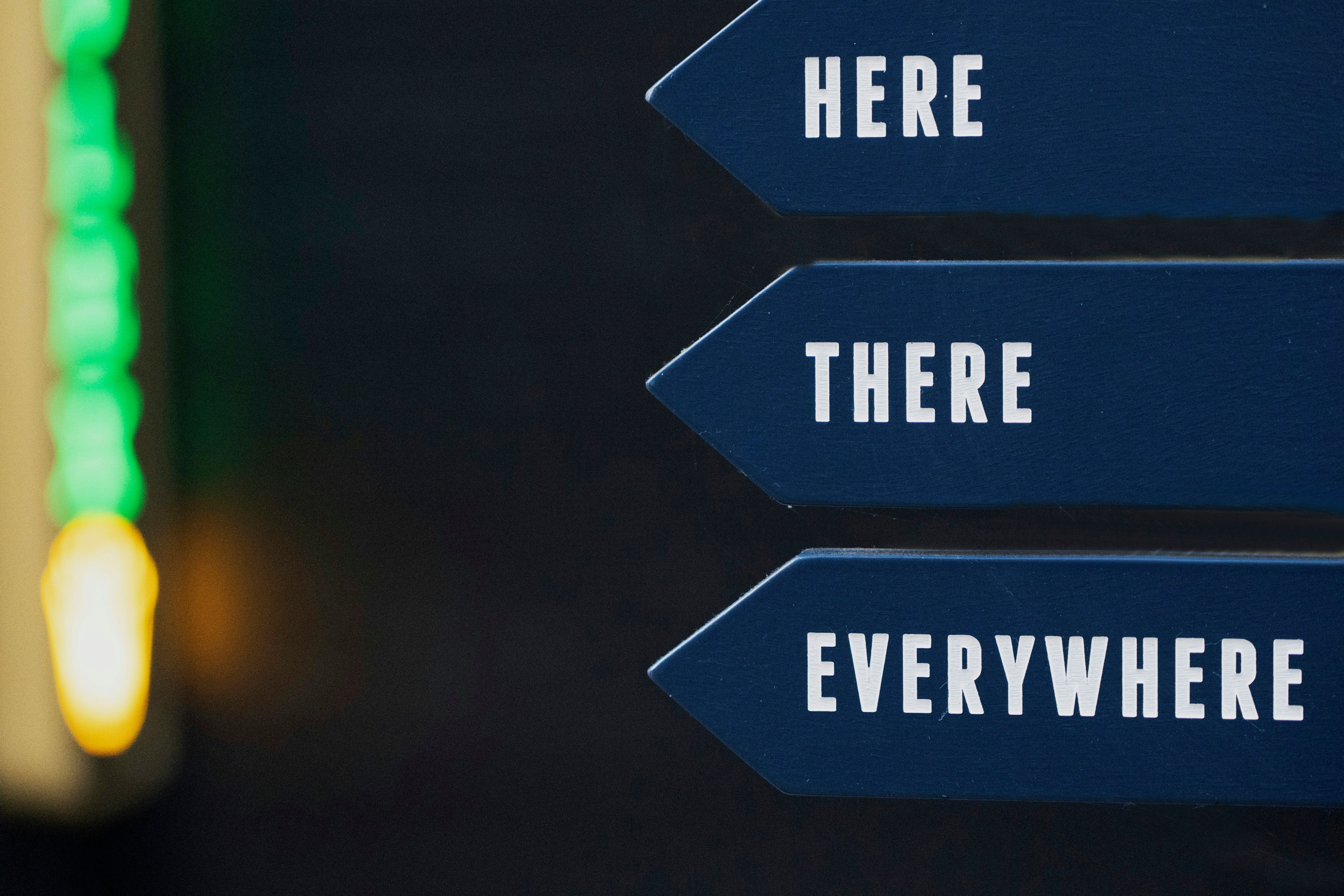Are Germany's Financially Savvy Cardinals Stepping Up to the Papal Throne?
Potential financial troubles within the Vatican could potentially lead to a German Pope selection.
In the Vatican's ongoing hunt for a new Pope, there's been a surprising contender: Munich's Archbishop Reinhard Marx. But why the buzz about this German shepherd? It's all about the dough!
The Vatican's coffers are shaking on steady ground, but Germany's cardinals, particularly Marx, are sitting pretty with some higher ground. As the coordinator of the Vatican's economic council, Marx has taken on the daunting task of presenting the papal budget. And let's just say the numbers aren't exactly making angels sing. The Vatican's deficit has been soaring, reaching an estimated 87 million euros in 2024. Even drastic cuts can't seem to stem the tide, according to a nameless cardinal cited by Italian newspaper, La Repubblica: "A miracle would be needed."
Contrasting this calamity, Marx presides over a diocese that's considered one of the richest in Germany. The Archdiocese of Munich-Freising boasted a surplus of 19 million euros for 2023, with a balance sheet total of almost 4 billion euros. Despite a significant drop compared to the previous year, it's still a hefty stash in the lean times of declining church tax revenues.
Along with influence for being the former chairman of the German Bishop's Conference and an advisor to Pope Francis, Marx's financial prowess has bolstered his chances of snagging the Holy See. But is the beer stein truly half-full for the German dioceses?
When it comes to financial transparency, German dioceses aren't exactly forthcoming. After scandals rocked the dioceses of Limburg and Freiburg, the bishops' conference promised more openness. They committed to adopting commercial accounting and having annual accounts audited and published in a few years. As corporations under public law, churches in Germany escape taxes like corporation and trade tax.
Footing the Bill
The main source of income for the dioceses is the church tax, supplemented by donations, stocks, and investments in real estate funds. The dioceses are also shareholders in companies, a fact evident in the commercial register. One significant example is the Aachener Siedlungs- und Wohnungsgesellschaft, co-owned by the dioceses of Cologne, Paderborn, Trier, Münster, Essen, and Aachen. With nearly 760 million euros in equity at the end of 2023, this subsidiary rents out commercial properties nationwide, sometimes in prime locations like Munich's Stachus or Berlin's boulevard of lights, the Ku'damm.
Thanks to such investments, dioceses like Cologne and Paderborn, along with Munich-Freising, sport hefty balance sheets. According to the balance sheet for 2020, Paderborn claimed a hefty total capital of over 7 billion euros. Munich-Freising, on the other hand, boasted around 2.8 billion euros in equity and made a profit of around 5 million euros.
However, not all dioceses are churning out big bucks. Dresden-Meißen posted a loss of more than 2 million euros in 2022, with subsidies for eastern dioceses dwindling in recent years and set to evaporate entirely by next year. "Our diocese will have to make do with fewer financial resources in the future," Bishop Timmerevers admitted in 2023 to the "Sächsische Zeitung."
The true value of the dioceses' assets remains elusive. Real estate owned by local churches and organizations under the church's umbrella also factor into the equation. For instance, Cologne Cathedral, though valued at a symbolic 28 euros on the books, holds priceless treasures within its hallowed halls. The dioceses themselves may not have a clear idea of the full wealth they hold.
Hanging in the Balance
Church critic Carsten Frerk attempted to quantify the Catholic Church's assets around 20 years ago, arriving at an astounding 270 billion euros. However, he also conceded that calculating the church's actual wealth is practically impossible.
As church tax revenues dip due to declining membership, the dioceses anticipate leaner times ahead. In Munich-Freising alone, church tax revenues plummeted by 41 million euros in 2023. To offset the losses,9 cuts in the building sector could be on the horizon.
Will this financial acumen make Reinhard Marx the ideal pope? It's up to the cardinals to decide. For now, Marx isn't considered a frontrunner in the church media. But as one cardinal colleague noted, "Marx is always smiling."
This piece was first published on capital.de
Sources: ntv.de, the local
[1] ntv.de. (2023, February 18). Cologne archbishop Reinhard Marx: "Financial disaster will come." Retrieved from https://www.ntv.de/spiegel/Katholische-Kirche/Finanz-Problem-am-Dom-Koln-Reinhard-Marx-Criticises-Hans-Peter-Kraft-handelsblatt-article29554373.html
[2] Statistics presented in the article.
[3] Katherine Foley. (2023, February 12). Vatican Acknowledges Historical Child Sex Abuse as 'A Crime Against Humanity.' Scientific American. Retrieved from https://www.scientificamerican.com/article/vatican-child-abuse-crime-against-humanity/
In the context of financial management and potential ecclesiastical leadership, the employement policies of the German dioceses are noteworthy, considering their substantial wealth and investments, particularly in real estate funds like the Aachener Siedlungs- und Wohnungsgesellschaft.
The finance and business sectors are closely intertwined with the politics and general-news landscapes, as the dioceses' finances extend to policies such as the Vatican's economic council and employment policy within the church, as exemplified by Archbishop Reinhard Marx's role as a coordinator of the Vatican's economic council and the former chairman of the German Bishop's Conference.





